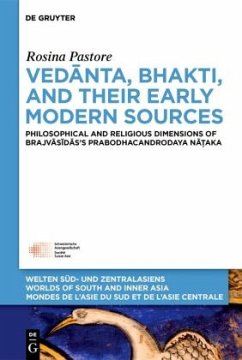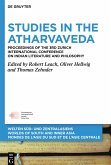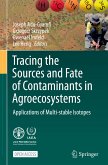This volume considers the Prabodhacandrodaya Na aka (c. 1760 CE), an allegorical drama composed by Brajvasidas in Brajbhasa. It contributes to the study of vernacular na akas with its first complete English translation. Moreover, the critical analysis shows that the foundational Sanskrit texts for Vedanta and those for Bhakti play a part in the Prabodhacandrodaya Na aka's philosophical and religious edifice. At the same time, the investigation demonstrates that Brajvasidas expresses several philosophical ideas by adaptively reusing the Ramcaritmanas by Tulsidas (c. 1574 CE). Brajvasidas composes a doha by combining one line of his invention with a line from the Manas. This method is employed throughout all the personified metaphysical concepts. That Brajvasi not only read Bhakti but also Vedanta through the Ramcaritmanas highlights the philosophical and literary creativity in 18th c. North India. It points to the necessity to rethink the sources of Vedanta philosophies, by including works non-conventional for language and genre, because not in Sanskrit and not sastras. Such sources may not be original in their contribution per se but are essential to understand how early modern philosophy was done, conceived and transmitted.
Hinweis: Dieser Artikel kann nur an eine deutsche Lieferadresse ausgeliefert werden.
Hinweis: Dieser Artikel kann nur an eine deutsche Lieferadresse ausgeliefert werden.








